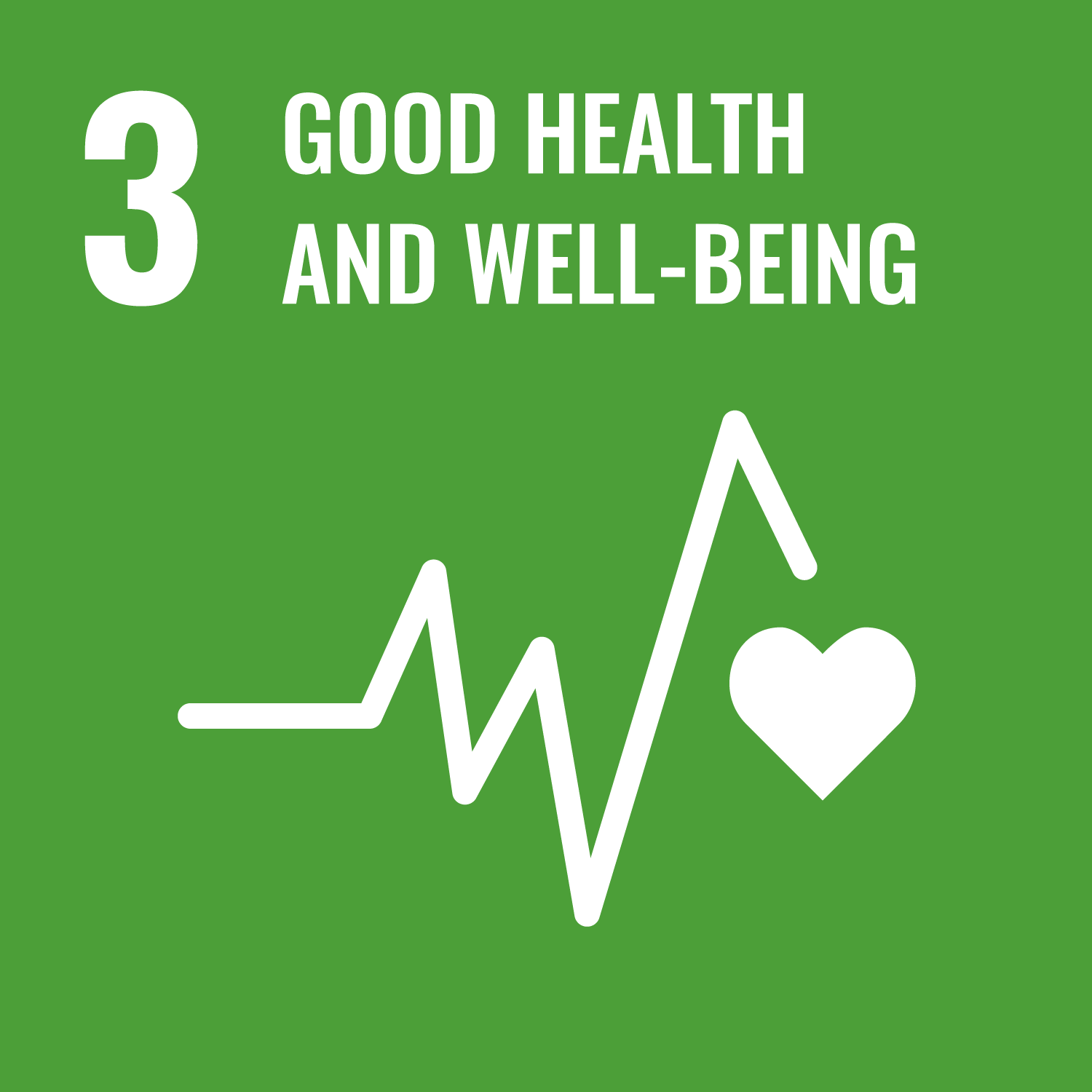Ways to Wellness
Aligned SDGs

General overview
Stage of development: Complete
Policy sector: Health
Date outcomes contract signed: Mar 2015
Start date of service provision: Apr 2015
Anticipated completion date: Mar 2022
Actual completion date: Oct 2022
Capital raised (minimum): GBP 1.65m (USD 2.52m)
Service users: 8k+ individuals
Intervention
Ways to Wellness comprises a "hub" model of working in which a non-medical link worker trained in behaviour change methods offers a holistic and personalised service to identify meaningful health and wellness goals, as well as connecting clients, when indicated, to community and voluntary groups and resources. The service comprises: (a) individual assessment, motivational interviewing and action planning, (b) completion of an initial Wellbeing Star assessment and subsequent Wellbeing Stars every six months thereafter to the duration of the intervention, (c) help to access community services (e.g. welfare rights advice, walking groups, physical activity classes, arts groups, continuing education), (d) promotion of volunteering opportunities, and (e) promotion of improved self-care and sustained behavioural changes related to healthier lifestyle choices.
Target population
People with long-term health conditions (such as Chronic Obstructive Pulmonary Disorder, Asthma, Diabetes Type 1 or 2, Coronary Heart Disease, Heart Failure, or Epilepsy), social isolation, frequent attenders at GP or hospitals due to poor understanding of condition, anxiety or depression (in addition to a long-term condition), poor health but with scope to improve with lifestyle change, poor English literacy. They must be aged 40-74 and living in areas of Newcastle West which experience high socio-economic deprivation.
Location
Country
- United Kingdom
Service delivery locations
- North East: Newcastle Upon Tyne
Involved organisations
- Deutsche Bank
- Big Society Capital
- Esmee Fairbairn Foundation
- Panahpur Charitable Trust
- European Investment Fund (EIF) / European Fund for Strategic Investments (EFSI)
- Pilotlight
- Trust for London
- Bridges Impact Foundation
- Office for Civil Society
- JP Morgan
- Merseyside
- Omidyar Network
- The Prince's Charities
- Pension funds
Outcome metrics
- Outcome A: Improved self-management of long term conditions (LTC) leading to greater sense of well-being, reduced social isolation and fewer GP visits. Improved self-management of long-term condition leading to a greater sense of well-being, reduced social isolation and fewer GP visits (30% of outcome payment). 8,500 targeted service users.
- Outcome A, Metric 1: Payments on sliding scale based on 6-month completions of Traingle Consulting's Wellbeing Star after initial assessment. 100% of payments made if the latest Wellbeing Star completed is, on average, 1.4 points higher than the initial star. This reduces down to 0% if the point increase is less than 0.5.
- Outcome B: Reduced cost of secondary healthcare services as a result of improvement in self-management of long term conditions (LTC). Reduction in cost of use of hospital services (reductions in GP visits are not counted because these services fall to NHS England, not the CCG), planned and unplanned admissions, use of out-patient and A&E services (70% of outcome payment). Counterfactual analysis completed - secondary care costs of patients in Newcastle West compared to patients with similar characteristics in Newcastle North and East using Hospital Episode Statistics from the North East Commissioning Service.
- Outcome B, Metric 1: Measured reduction in average cost per patient of secondary care usage by this cohort compared to control group. Outcomes will be evidenced after 24 months. Full benefits measured over five years.
Other resources
Spreadsheet of data
Important Notice and Disclaimer on INDIGO Data
INDIGO data are shared for research and policy analysis purposes. INDIGO data can be used to support a range of insights, for example, to understand the social outcomes that projects aim to improve, the network of organisations across projects, trends, scales, timelines and summary information. The collaborative system by which we collect, process, and share data is designed to advance data-sharing norms, harmonise data definitions and improve data use. These data are NOT shared for auditing, investment, or legal purposes. Please independently verify any data that you might use in decision making. We provide no guarantees or assurances as to the quality of these data. Data may be inaccurate, incomplete, inconsistent, and/or not current for various reasons: INDIGO is a collaborative and iterative initiative that mostly relies on projects all over the world volunteering to share their data. We have a system for processing information and try to attribute data to named sources, but we do not audit, cross-check, or verify all information provided to us. It takes time and resources to share data, which may not have been included in a project’s budget. Many of the projects are ongoing and timely updates may not be available. Different people may have different interpretations of data items and definitions. Even when data are high quality, interpretation or generalisation to different contexts may not be possible and/or requires additional information and/or expertise. Help us improve our data quality: email us at indigo@bsg.ox.ac.uk if you have data on new projects, changes or performance updates on current projects, clarifications or corrections on our data, and/or confidentiality or sensitivity notices. Please also give input via the INDIGO Data Definitions Improvement Tool and INDIGO Feedback Questionnaire.